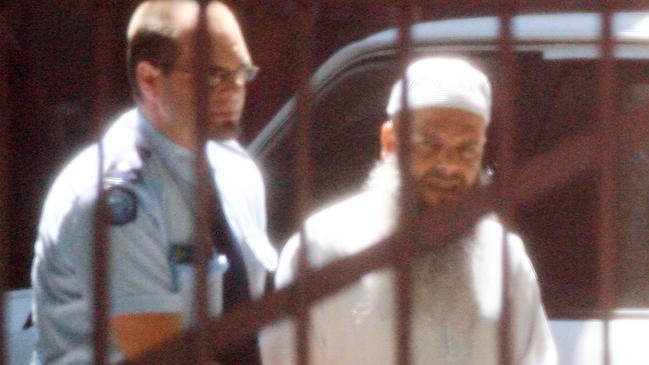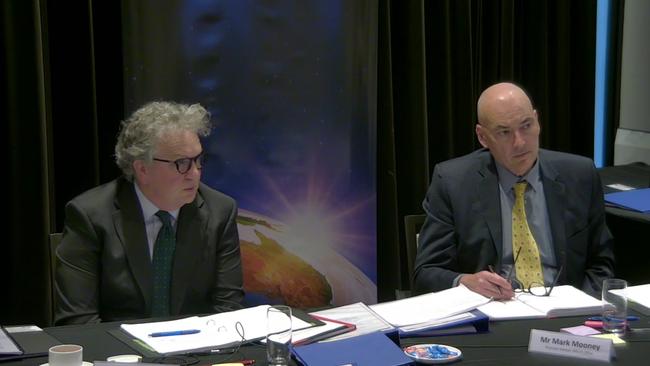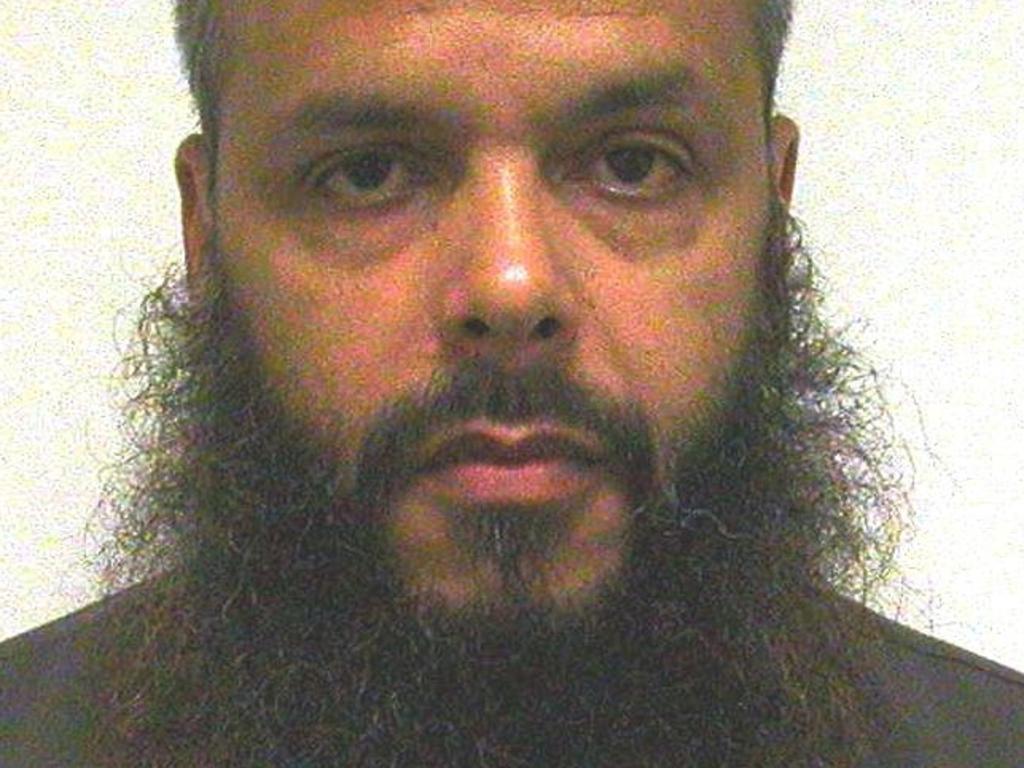
The damning report this week by the independent body responsible for overseeing counter-terror laws found that the former Turnbull government overreacted in law to the threat of terrorism.
In 2016 that government introduced a law which allowed terrorists to be kept in prison even after they have served their sentence via something known as a continuing detention order.
This allows for offenders to be kept in jail if they are deemed to pose an “unacceptable risk” of committing another terror offence.
It is the only post-sentence detention scheme for terrorists in the Western world but such was the fear of terrorist attacks in Australia in 2016 that the unprecedented measure passed through parliament with little public debate.
Now the laws have rightly been called out by the independent National Security Legislation Monitor, Grant Donaldson, as being flawed in principle and in practice.
Don’t get me wrong – previous governments, security and intelligence agencies and the courts have mostly done an excellent job at keeping Australians safe from terrorists, both from Islamic extremists and from right-wing nutters.
I am all in favour of long jail sentences for those who would do harm to ordinary Australians through acts of terror.
But governments need to keep people safe without abandoning the fundamental democratic and legal pillars that set us apart from those terrorists who hate democracies such as ours.

As Donaldson’s 176-page report points out, the notion of someone being kept in jail after their sentence is completed means they are being detained for a crime they have not committed.
“All concerned citizens must be troubled by detention of a person in a prison other than as a sentence for a crime they committed,’’ Donaldson says.
“These laws have made us a coarser and harsher society. I doubt that anyone knows whether they have made us safer.’’
Donaldson questions why the United Kingdom – which has suffered many more terror attacks than Australia or even New Zealand – does not have laws that allow for convicted terrorists to remain in jail beyond their sentence.
“It is profoundly telling, when considering whether the CDO mechanism is proportionate to the risk of terrorism in Australia, and necessary, that neither the United Kingdom nor New Zealand have any process like it,’’ Donaldson writes.
Australia’s CDOs have been used only twice, to detain convicted terrorist Abdul Nacer Benbrika after his 15-year jail sentence was completed and to hold NSW prisoner Blake Pender in custody after his sentence.
Donaldson says the laws are not only wrong in principle but are flawed in practice because the key psychological assessment taken to assess whether a convicted terrorist posed an ongoing threat was unreliable.
The so-called VERA-2R assessment tool is considered highly subjective, with many psychologists saying it cannot be relied upon to predict future violent behaviour.
“Detention in a prison is too profound a thing to be determined by prediction about the future based on this risk assessment process,’’ says Donaldson.
The solution, as Donaldson rightly concludes, is to scrap CDOs and instead apply extended supervision orders to those newly released terrorists who might still pose a threat.
These orders, introduced in 2021, have tightened up supervision regimes and allow for released extremists to be monitored 24 hours a day, and with all their communications and interactions with others closely watched and vetted.
This is expensive but so far it has been effective. Terrorism recidivism rates are low internationally and Australia has not had any instance of a released terrorist seeking to carry out another terror act.
This is the best way to protect the community from extremists, rather than keep them in jail for a crime they have not committed because we are trying to second-guess what is going on in their head.
Cameron Stewart is The Weekend Australian’s chief international correspondent.







The Albanese government should move quickly to repeal laws that can keep convicted terrorists in jail beyond their sentence after the Coalition-era laws were slammed by the security watchdog as being wrong and ineffectual.